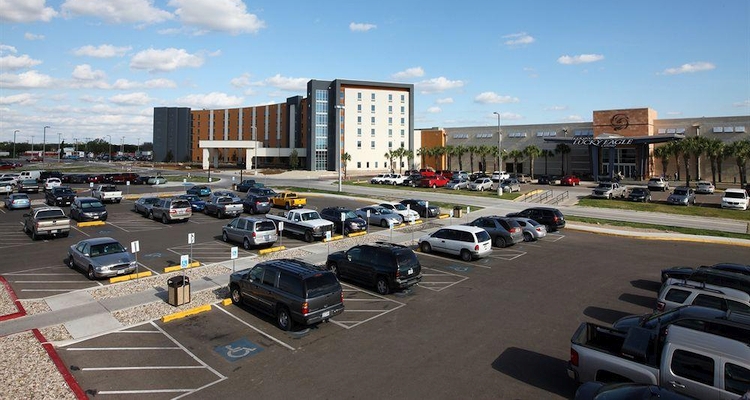The brick and mortar casino landscape of Texas could be changing if a recent resolution is passed on to a ballet measure this November. Texas State Representatives Senfronia Thompson and James White have created the House Joint Resolution 129 which, if passed, would be added to the November ballot and propose an amendment to the state constitution that would lead to gambling on tribal lands.
The new resolution was created in part with the Alabama-Coushatta and Ysleta del Sur Pueblo tribes to allow gaming on tribal lands. The Vice Chairman of the Alabama-Coushatta tribe, Ronnie Thomas, is confident that residents of Texas will pass the measure into law. There has been opposition to the law by out-of-state organizations involved with gaming but if the legislation is passed and moves to the ballot, Thomas believes the likely hood the measure will be approved is high, despite those opposed.
In the current gambling landscape of Texas, the Kickapoo tribe runs the only casino – Kickapoo Lucky Eagle Casino, in Eagle Pass. In 2001, the Alabama-Coushatta tribe tried to join the industry by opening a casino in Livingston, their reservation. After operating for less than one year, the tribe was ordered to shut down their operations via a federal court order. If the new bill is passed into law, the tribe as well as other tribes would have the option to operate casinos alongside the Kickapoo tribe.
Additional legislation was introduced last month as well that would allow a gaming expansion based on a vote by residents within the state. Representative Joe Deshotel proposed a bill that would allow nine casinos to be created in the state as long as they are within a range of 200 miles from the Gulf of Mexico and direct a portion of revenues to the Texas Windstorm Insurance Association, into a Catastrophe Reserve Trust Fund to avoid a deficit.
Representative Roland Gutierrez and Carol Alvarado have also introduced legislation in the hopes that gambling could bring money to the state of Texas. According to Alvarado, billions of dollars are spent in New Mexico, Oklahoma, and Louisiana that would otherwise be spent in Texas if the activity was offered.
For years, legislators have tried to expand gambling within the state of Texas and have failed. Each measure introduced must move forward and be added to the November ballot before moving any further. The next step is to be approved by voters. Any changes to the gambling industry of Texas still has a long way to go, continuing to be an uphill battle to offer additional casino gaming in some form or fashion within the state.



